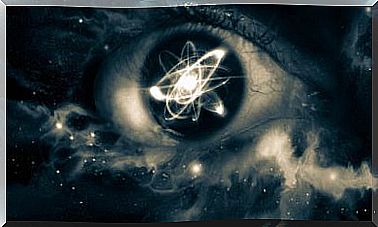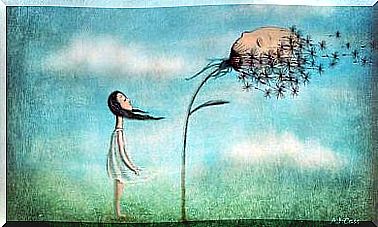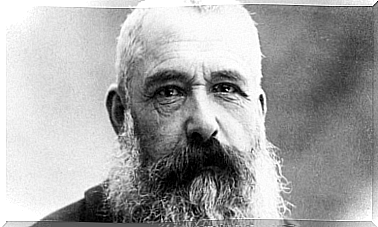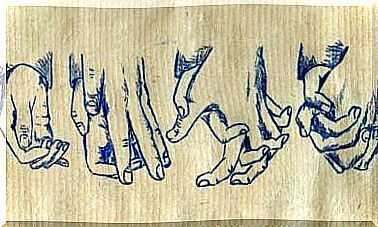How To Focus To Stop Wasting Time
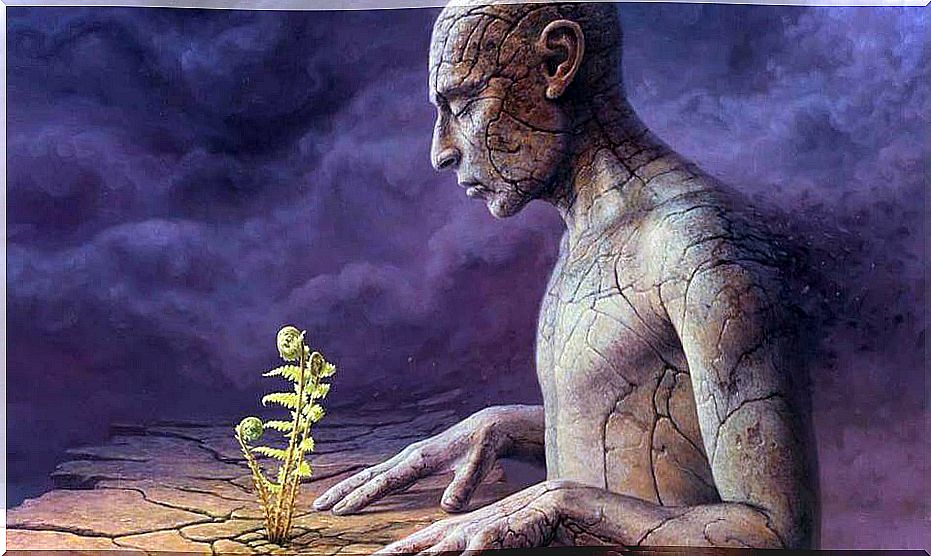
Time is one of those factors that has the power to torment souls, for its immensity and at the same time for its finiteness. Sometimes it seems as if it will never be enough, as if the days and hours have shortened and are never enough to complete everything we have to do. We have the feeling that the minutes are seeping like drops of water between our fingers and there is nothing we can do about it.
Contrary to what many believe, much of the time we waste, we waste it working or doing some of those activities that we call “productive”. This is due to a lack of focus: although we do the task, our state of dispersion leads us to take longer than necessary to complete it.
In one way or another, the consequence of this perception that time is not enough is a state of anguish. There is a tension between the way the clock is ticking and the need to meet the proposed objectives. Under these conditions, crashes and errors can also appear that only increase the delay.
Lack of time and compulsive actions
There is a whole set of compulsive actions that we carry out every day and that consume a good part of our time. Within them, some very common ones can be mentioned, such as that mania of looking at the mobile every five minutes. Most likely, we will not find anything new, or if there is it is not relevant, but sometimes we cannot avoid it.
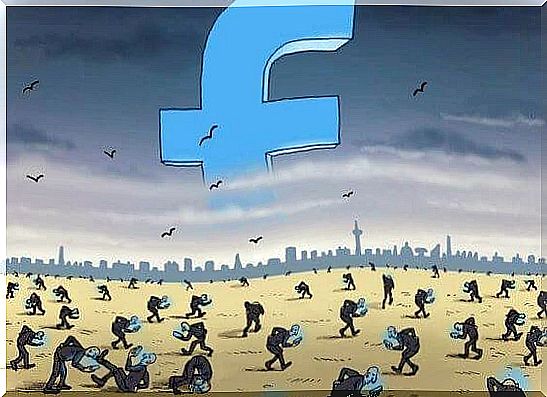
It is also very common that something similar is done with some pages on the computer. When you review, there are more than 20 or 30 visits to a website or a social network, most of which we do not find information that is novel and also relevant.
We each have our repertoire of compulsive or repetitive actions. Some simply interrupt their work to let their fantasy fly, to look around, or to do anything that takes their attention away from the main task at hand.
Precisely because they are compulsive, these actions are unconscious. They are done without thinking and they are spent much of the time. They respond to a difficulty concentrating, anxiety or a poor work strategy.
Emotional overload and time
Emotional difficulties also take up more time than we expect. In addition, they also reduce our availability and motivation to focus on our goals. Unresolved problems pose an emotional burden that silently carries over to everything we do.

We have all left a task to solve, whether for one reason or another, and it has taken on a life of its own in our minds. Since that moment, in a repetitive and anarchic way, it has invaded the space of our consciousness. From that thought, states of anxiety were born that had nothing to do with the situation you were in at that time.
Unresolved conflicts weigh in on a day-to-day basis. They severely affect our ability to concentrate, since they are like annoying noises that give false truces and appear at the most opportune moments, spoiling pleasant situations. Finally, they teleport you to the past or the future, leaving aside the sensations that emanate from your current situation.
Focus to buy time
Time, or rather its perception, is an essentially psychological dimension. Run or stop running, depending on how you feel or what you are thinking. A minute is endless at the dentist and passes in a heartbeat when you are in a pleasant situation. And precisely because it is so influenced by what is in the mind, it is susceptible to being administered in a more rational way.
To focus and manage time better, the first thing is to recognize and accept that we will always have something pending to do. This should not be a source of anguish, but must be seen as an immanent characteristic of life itself. Knowing this, what follows is to devise a methodology that combines activity and breaks. Dispersion is also a response to fatigue and the brain has been shown to begin to fatigue after 25 minutes of sustained attention to a single activity.

In addition to this, it is important that in the moments when you are not working you carry out creative activities. Leisure time is as or even more important than work time itself. Understand all those periods of freedom, in which you can release tension and renew your emotional energy.
Don’t waste those precious moments on repetitive activities, like watching television. Also, do not invest all your rest in situations that saturate or dull you: that does not allow you to really rest. To make the most of your work time, learn to enjoy a high-quality rest. This way you will know how to focus on what is important and you will also do it with greater success.
Images courtesy of Tomasz-Alen-Koper, Flora Borsi

